The Mock Parliament Session is a dynamic and engaging experiential learning activity designed to provide MBA students with a platform to develop their leadership, critical thinking, and decision-making skills within a simulated parliamentary setting. This immersive experience offers participants the opportunity to step into the shoes of legislators, engage in lively debates, and craft legislative solutions to contemporary issues.
Key Components:
- Pre-session Preparation:
- Students are assigned roles as members of parliament, representing different political parties or interest groups.
- They conduct research on the assigned roles, including understanding party platforms, policy positions, and relevant legislation.
- Setting the Stage:
- The session begins with an introduction to parliamentary procedures and protocols.
- A designated moderator oversees the session, ensuring adherence to parliamentary rules and time management.
- Agenda Setting:
- An agenda is established, comprising of topical issues or proposed bills for debate.
- Each agenda item is introduced, allowing students to present their viewpoints and arguments.
- Debate and Deliberation:
- Participants engage in structured debates, articulating their perspectives and defending their proposed policies.
- Emphasis is placed on effective communication, negotiation, and persuasion skills.
- Collaboration and Compromise:
- Participants work collaboratively to negotiate compromises and reach consensus on contentious issues.
- The session encourages students to demonstrate flexibility, adaptability, and the ability to find common ground.
- Decision Making and Voting:
- Following deliberations, students vote on proposed bills or resolutions.
- Results are announced, reflecting the outcome of the parliamentary process.
- Reflection and Debrief:
- A post-session debriefing provides an opportunity for participants to reflect on their experiences.
- Facilitators lead discussions on lessons learned, challenges encountered, and areas for improvement.
Benefits:
- Leadership Development: Students enhance their leadership capabilities by assuming diverse roles and responsibilities within a simulated political environment.
- Critical Thinking: Participants sharpen their analytical skills through research, debate, and the evaluation of complex issues.
- Communication Skills: The session fosters effective communication, public speaking, and persuasive advocacy.
- Decision Making: Students gain hands-on experience in making informed decisions, weighing trade-offs, and prioritizing objectives.
- Teamwork and Collaboration: The collaborative nature of the session promotes teamwork, negotiation, and consensus-building skills.
Conclusion:
The Mock Parliament Session serves as a valuable experiential learning opportunity for MBA students to refine their leadership and decision-making competencies in a dynamic and interactive setting. By engaging in simulated parliamentary debates and deliberations, participants emerge better equipped to navigate real-world challenges and contribute meaningfully to organizational success.
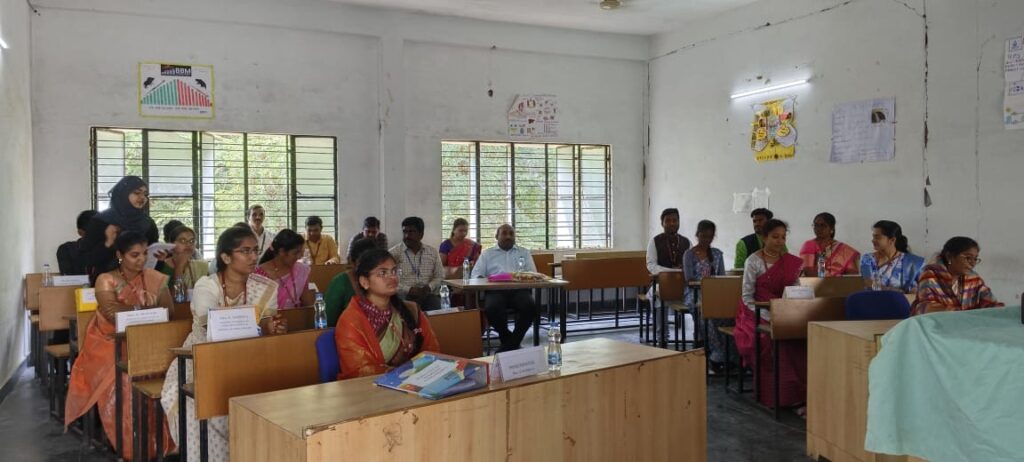
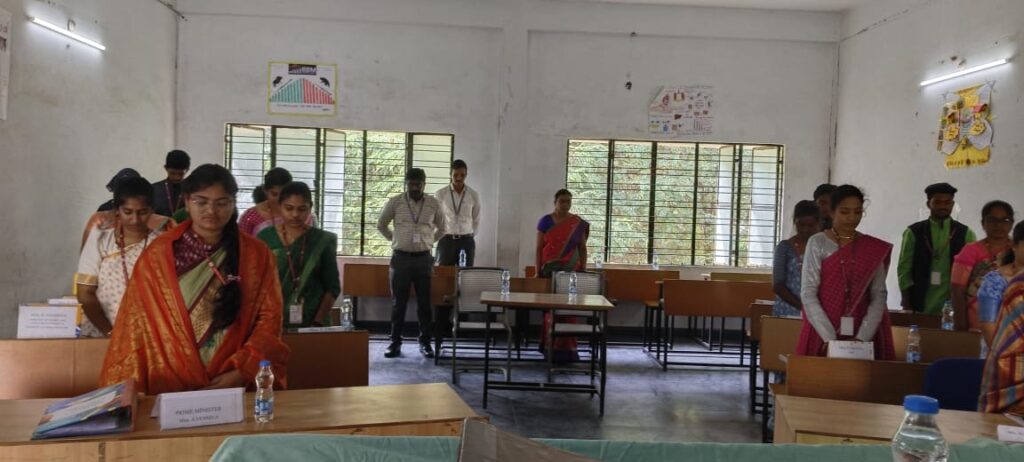
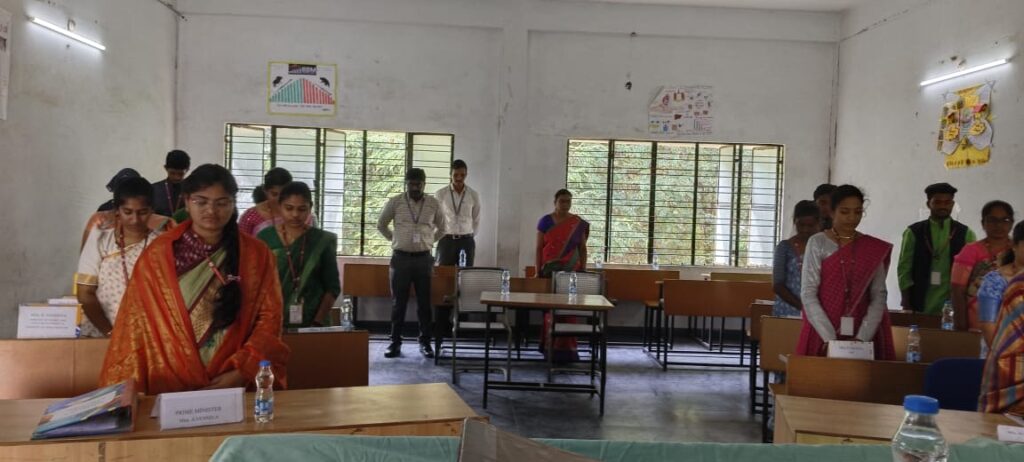
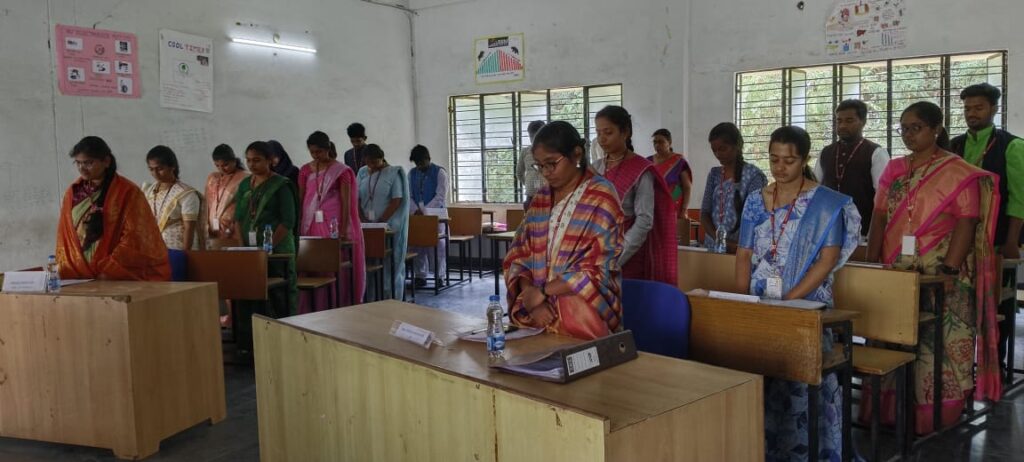
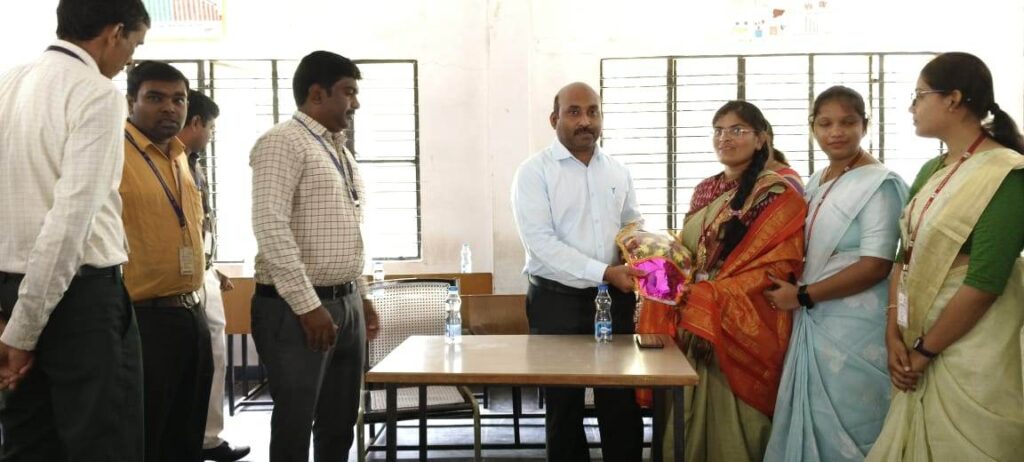
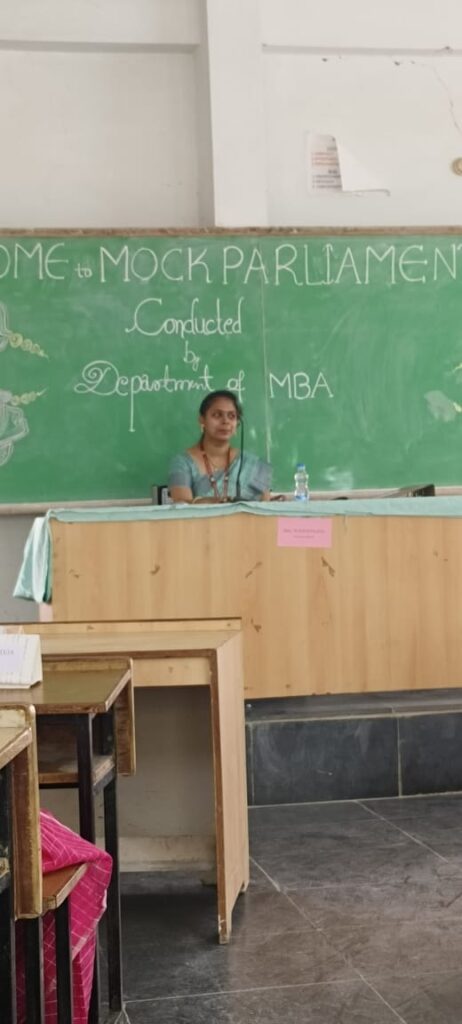
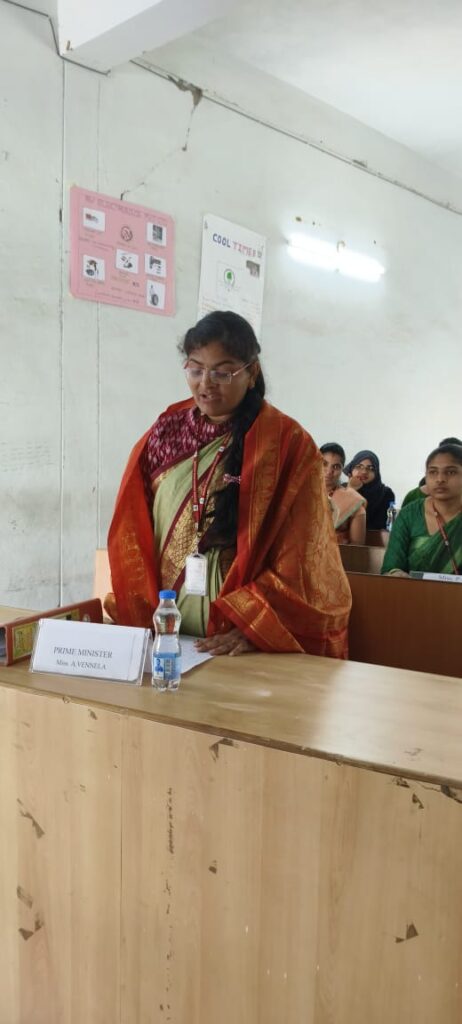
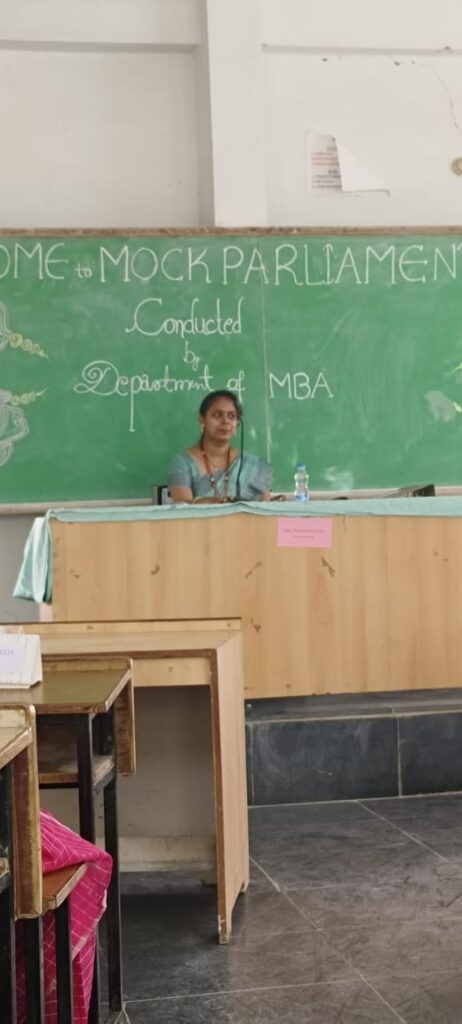


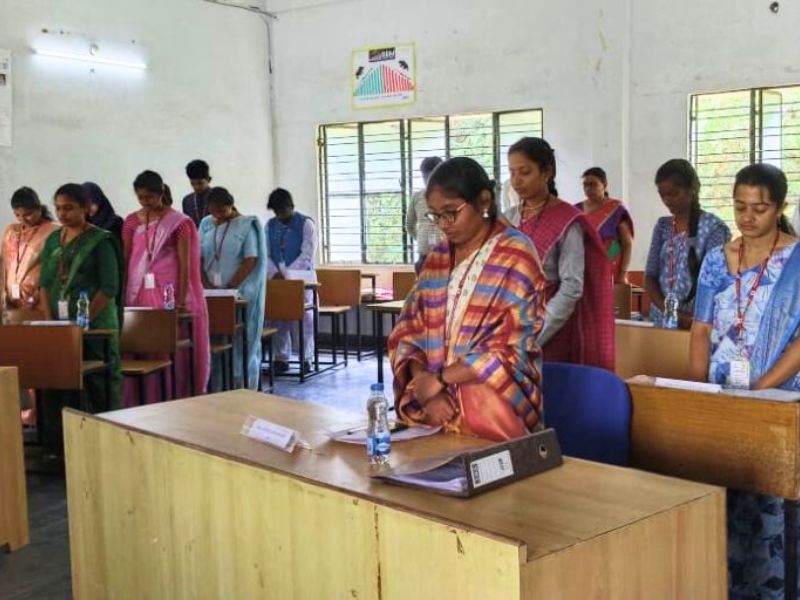


0 Comments